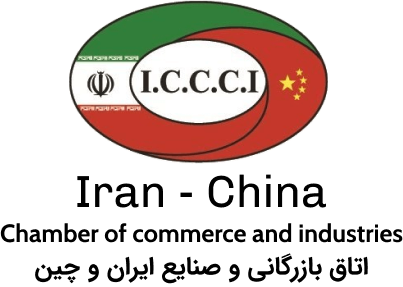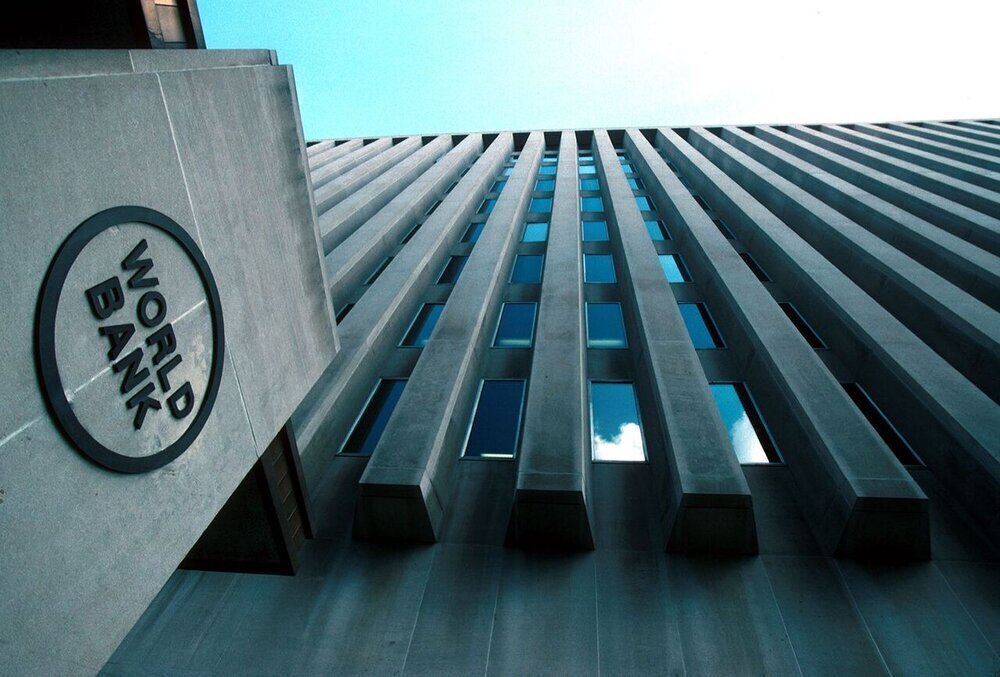In its latest economic report on the Middle East [West Asia] and North Africa (MENA), the World Bank has predicted a 4.1 percent growth for Iran’s economy this year, which is more than twice the average of West Asia and North Africa region.
“Growth in the Islamic Republic of Iran is forecast to maintain a moderate pace at 4.1 percent in 2023, slightly higher from 3.8 percent in 2022,” the latest issue of the World Bank MENA Economic Update (MEU) published on October 5 said.
Based on the mentioned report, the growth of the economies in MENA is expected to fall sharply this year. The region’s gross domestic product (GDP) is forecast to plummet to 1.9 percent in 2023 from six percent in 2022, due to oil production cuts amidst subdued oil prices, tight global financial conditions, and high inflation.
Titled “Balancing Act: Jobs and Wages in the Middle East and North Africa When Crises Hit,” the report says that the decline in growth in MENA this year is expected to be more pronounced in the oil-exporting countries of the Persian Gulf Cooperation Council (GCC).
Real GDP growth in these countries is forecast at 1.0 percent in 2023, down from 7.3 percent in 2022 as a result of lower oil production and reduced oil prices. In developing oil-exporting countries, growth is forecast to decline from 4.3 percent in 2022 to 2.4 percent in 2023.
Among the oil-importing countries in MENA, the tightening of global financial conditions and high inflation continue to constrain economic activity. Growth there is projected at 3.6 percent in 2023, down from 4.9 percent in 2022. These results signal the end of the “tale of two MENAs” from 2022, in which the region’s oil exporters were growing much faster than the oil importers.





